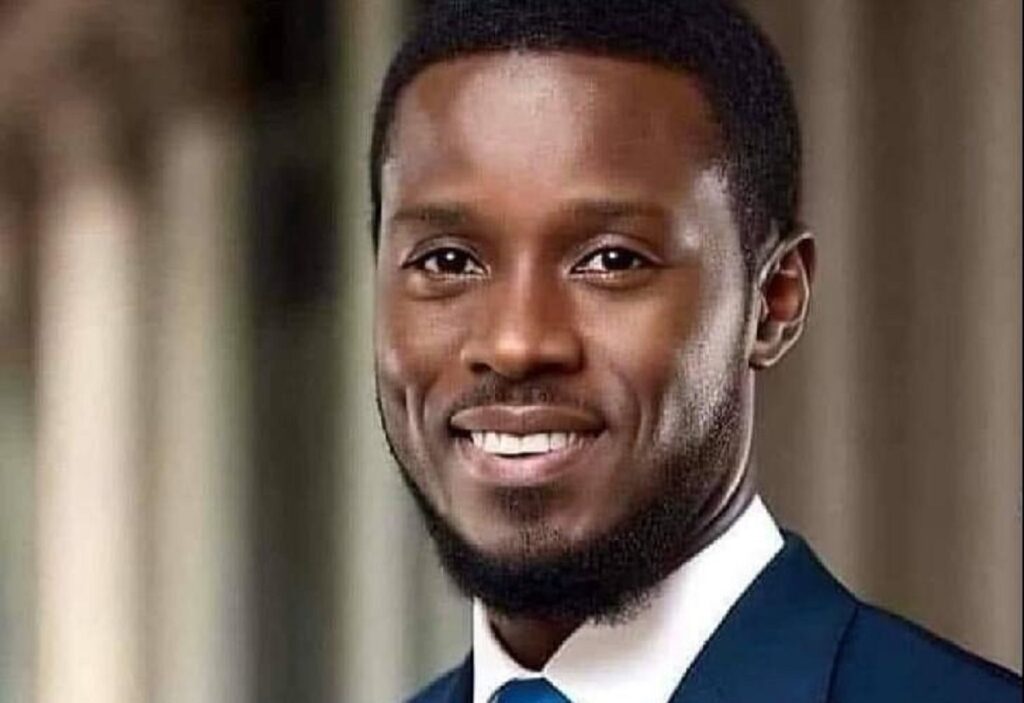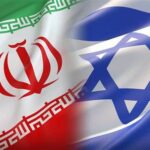In 1991, fiery trade unionist, Fredrick Jacob Chiluba, then 47 years old, led his party, the Movement for Multiparty Democracy (MMD), also known as New Hope MMD, formed only a year earlier in 1990, to power with 75 per cent of total votes, ousting the veteran independence hero, Kenneth Kaunda, in Zambia. Kaunda and his United National Independence Party (UNIP) had held power since the country’s independence in 1964, ruling for 27 years.
Therefore, when Chiluba and his new party, the New Hope MMD, showed up, Zambians rallied around, delivering not only the presidency in a snub to Chiluba, but gave the New Hope MMB an absolute majority in the parliament.
But the rule of Chiluba, later dubbed “Chilling Chiluba”, was controversial. Despite issues around his original birth place, he made strenuous efforts to deport Kaunda, claiming the independence hero was a Malawian. Following an attempted military coup in 1997, something unheard of in the East African nation, Chiluba swooped on opposition politicians, especially those close to Kaunda, and had them arrested.
To add spice to the eccentricity of his governance, he divorced his second wife who had nine children for him and married his party’s women leader. At the end of his rule, which delivered very little to the over-expectant Zambians, which showed no sign of shaking off poverty, he was charged along with his intelligence chief and other senior ministers with 168 counts of stealing public funds totalling more than $40m.
- Senegal’s youngest president, Faye, sworn in
- Senegalese president appoints ally, Sonko, prime minister
In May, 2007, he was found guilty of embezzling in a civil case in the UK. The presiding London Judge, Peter Smith, accused Chiluba of shamelessly defrauding his people from who he acquired expensive wardrobes of “stupendous proportions”.
The fairy story of Chiluba’s rise with his party gaining power just barely a year after it was founded, scooping 75 per cent of total votes and gaining an absolute majority in parliamentary is more historically momentous than the victory of President Bassirou Diomaye Faye in Senegal whose party, African Patriots of Senegal for Work, Ethics and Fraternity, known by its French acronym, PASTEF, formed in 2014, won with 54 per cent of the votes.
This is not in any way to downplay the historic significance of the momentous election in Senegal, not least because of the shenanigan of the outgone President Macky Sall who did everything in order to stay put in office. When he grudgingly conceded defeat in the election, he put forward a crony and backed him with state resources. That the opposition triumphed amid several excruciating political landmines laid on its path is a crucial watershed.
George Weah, a former international footballer won the high office in Liberia, West Africa’s oldest republic, amid high expectations after the lacklustre rule of a former World Bank official and Africa’s first female President, Mrs Ellen Johnson Sirleaf. Mrs Sirleaf electrified the whole of Africa when she became the first elected woman African leader in 2006.
But her governance record was less than salutary. Her son, Charles Sirleaf, was charged with economic sabotage after he unlawfully printed the local currency to the value of $75m.
Earlier in October, 2014, her justice minister resigned in protest, accusing the president of interfering with the criminal investigating into the illegal seizure of money from a Korean businessman in a hotel raid.
In 2017, a review conducted by the International Consortium of Investigative Journalism cited Mrs Sirleaf among the list of politicians named in the Paradise Paper allegations. Liberia under Mrs Sirleaf did not record any appreciable mileage in economic growth and overall social development.
Mr Weah, whose party, Congress for Democratic Change (CDC), swept to power in 2017, winning 60 per cent of the votes in the second run off, and was sworn in 2018.
Having attained office at the age 51 with a promise to “weed out the menace of corruption”, it was actually greed and graft that became the hallmark of his presidency. Just months into his presidency, the country’s media reported the alleged disappearance of about 96 million banknotes, approximately five per cent of the country’s Gross Domestic Product (GDP).
However, an inquiry by Kroll, a US-based firm in Philadelphia funded by the US government, discovered that the banknotes had not gone missing but had been illegally printed and that another $16.5m which had been printed in excesses could not be accounted for.
In 2020, four auditors who tried to uncover the spate of scandals and corruption that besmirched Weah’s presidency died in just over a week in suspicious circumstances. The deaths of the auditors sparked outrage. In 2024, when Liberians had a chance to interrogate the Weah’s presidency, they gave him a cold electoral shoulder and elected a former 78-year-old Vice President, Mr Bokai, unceremoniously terminating the political career of the football star.
Whether it is a formerly persecuted opposition sweeping to power or a young political outsider riding on popular dissatisfaction of the old political establishment to gain power or the women crashing the ceiling of gender barricade to assume highest office as in the case of Mrs Sirleaf or Mrs Joyce Banda in Malawi, what ails Africa is certainly beyond the sit-tight of incumbents or the rapid electoral turnovers of incumbents and oppositions.
The structural constraints of modern states in Africa largely from the consequences of its historic origin, nature and structure cannot be easily overcome through the grandstanding of political bravado. It requires more than political affirmation, and even determination.
The nature of modern Africa states and the structure of its engagements with the rest of the world have played outsized roles, though considerably neglected or ignored in the current travails of the continent. There will be no need to reinvent the wheel or disband the existing state as that will be toil in absurdity.
But clearly, Africa’s contemporary states can be realigned to the autonomous reality of the various states in the continent, taking into account the popular values through which people communicate, engage and address their concerns.
The historic inquiry and interrogation of the facts about the living realities of the various people would generate a harvest of outcomes that inform genuine reforms of existing institutions and realign them to true public service. Whether it’s President Faye’s Senegal or Bola Tinubu’s Nigeria, William Ruto’s Kenya, Abiy Ahmed’s Ethiopia or the two generals tearing Sudan apart or Mr Sylva Kirr’s South Sudan or the three strongmen in the Sahel – Burkina Faso, Mali and Niger, the crises of the modern state in Africa and the consequences of socio-economic lethargy are beyond the type of rule, but rather in the structure and nature of the state itself.
It will be unfair to wave aside the genuine determination and goodwill of the leaders in Africa to deliver on good governance and its expected outcome of a better society, but history has clearly and consistently shown that these efforts are more or less perpetually vitiated by the objective nature of the state and its existential constraints.
This is not an insurmountable obstacle. Many states in Asia, especially South East Asia, like Malaysia, Indonesia, Singapore, Thailand, Korea and Vietnam have made some appreciable progress despite starting from the same point as Africa – colonial domination.
The key to the modest and ongoing success is reinterpreting the inherited colonial state in the light of their then new reality and retooling their institutions to reflect and address concerns of their rediscovered social reality which proceeded from a total understanding of their respective unique national conditions. The process refined and redefined their engagements with the rest of the world, giving them a reasonable handle in defining and projecting their priorities.
Africa has the intellectual wherewithal, a repository and pedigree of historical renaissance, to chart its own course in an increasing landscape of global disorder. The will to act could amount to sheer bravado, and even the dissipation of energy in the wrong direction without adequate knowledge and understanding of what Amilcar Cabral, one of Africa’s foremost thinkers, called “our weakness”.
Therefore, the determination and the will to know is the essential prerequisite to any meaningful and purposeful action.
Onunaiju is the Research Director of an Abuja-based think tank.



